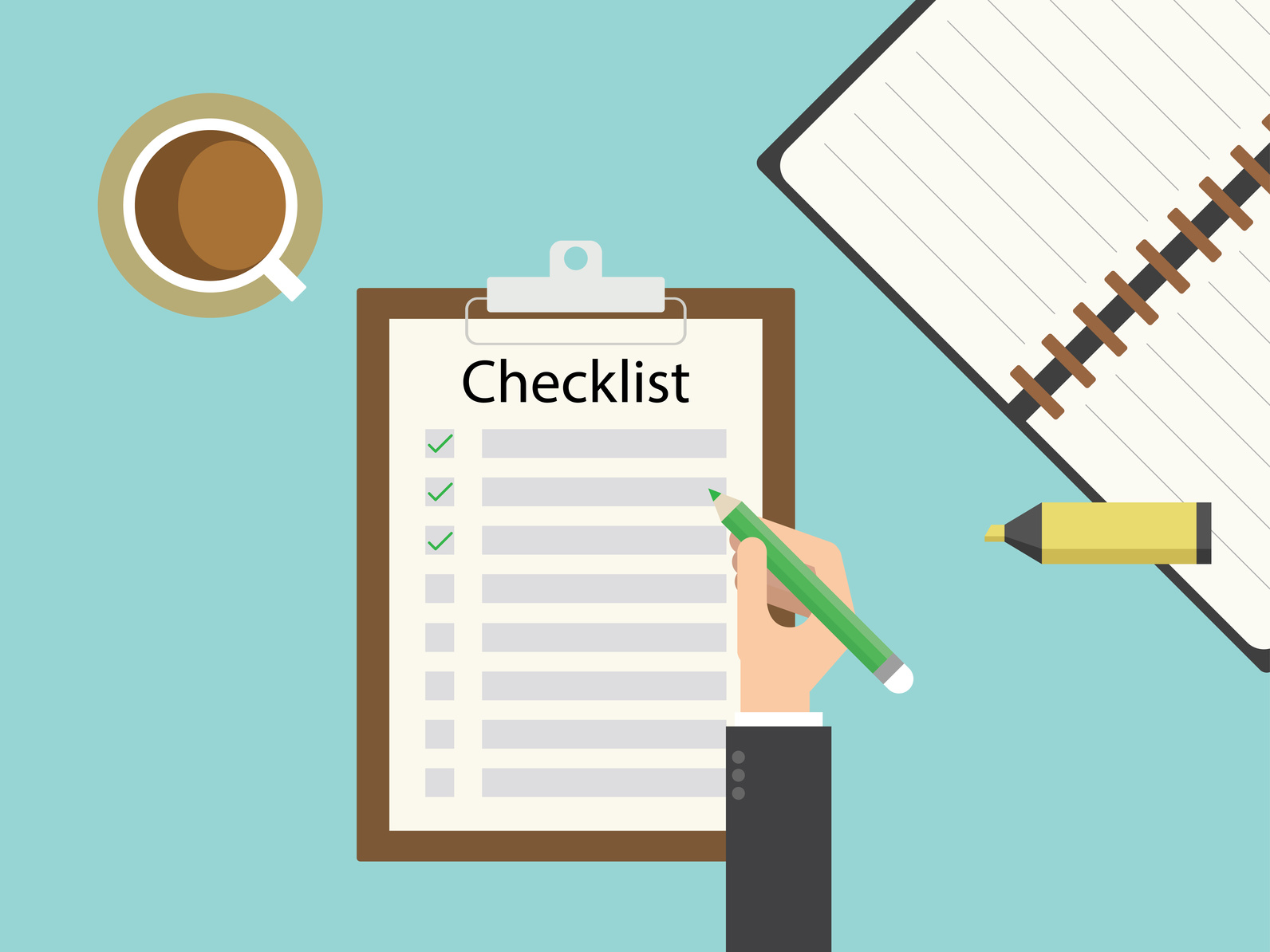It is important to reach your destination and return home without any difficulties. You can avoid many potential problems by following a simple checklist before you leave.
You’ve probably seen the pilot on an air flight. Although he is not a mechanic, he knows the things to look out for before each trip. It’s possible to do the same thing, and you don’t need to be a trailer expert.
An expert was someone who lived 50 miles away or more recently if they stayed at a Holiday Inn Express. If you can tow your trailer for more than 50 miles, then you are an expert in avoiding problems on your trip.
Take a look around your trailer before every trip, and at every gas station. Are the couplers on properly, are the cables or chains connected, and is the cargo or boat securely secured?
- Make sure the actuator or coupler is correctly seated on the hitch ball. Verify that the latch is properly closed and the safety pin is in position. Newer couplers/actuators have a safety pin that locks the coupler latch in its place, regardless of what happens with the latch.
- Make sure you check the wires and connections. All lights should be checked on the trailer and tow vehicle. Turn on all lights including turn signals, brake lights, warning flashers, and turning lights. All lights must be visible and should work in conjunction with the tow vehicle. Before you go on your trip, make sure to replace any lamps that are not working.
- Make sure each tire is at the correct pressure. Check for cracks or excessive wear in the rubber. Underinflation is the most common cause of tire problems. For trailer tires, 40 lbs, 50 pounds, or more air pressure is required. Trailer tires are not as pressure-sensitive as regular tires. They can withstand up to 40 lbs of pressure. The recommended pressure can be found on the sidewall of your tire. You should now buy a $3.00 gauge for your tire pressure and keep it in your tow vehicle. Make sure to check the spare tire. Tires can lose pressure over time so make sure to check them often. Properly inflating your tires will help you save money over the lifetime of your trailer.
- If towing a boat, make sure you check all tie-down straps. Heavy boats can cause problems by bouncing on the trailer. There are many pictures of boats parked in the middle of highways. Install safety chains today if you don’t have one on your front bow eye. Instead, rely on the winch strap. The safety chain should run from the bow eye to the base of the bow stand. Check all doors and windows if you tow an enclosed trailer. Are they locked and closed? Are they secured to prevent it from blowing away?
- Examine the license plate. Is the license plate current? Is it securely fastened to the trailer?
- Verify all u-bolts. Check to make sure that none are loose. Click here to read about Here are some quick tips to help you choose a good towing company.
- Are you towing your trailer in a level location? Unlevel trailers can cause fishtailing, tire wear, and trailer damage.
- Grease the wheel hub bearings. Most trailers have a grease injection system to protect the bearings and hubs. Superbe and PosiLube are all synonyms for a “reload” system. This fills the cavity with new grease while pushing out the old grease. Buddy Bearings and Trailer Buddy are “cap fill” systems. Click here for information and maintenance steps.
- Just before you start the tow vehicle, drive away, and turn off the ignition key. Get out of your vehicle, and then check the coupler again! It is amazing how many trailers fall off the hitch ball due to improper attachment. It is easy to forget to check the coupler if you tow a lot. It is easy to forget to attach the coupler when there are distractions such as children, spouses, or neighbors.
When you are on a long journey, make sure to go through your checklist at every gas station. As pilots do for each leg of their flight. You can read about the Tire Buying Guide: What Are the Best Tires for Your Car? by visiting https://www.utires.com/articles/tire-buying-guide-best-tires-car/

